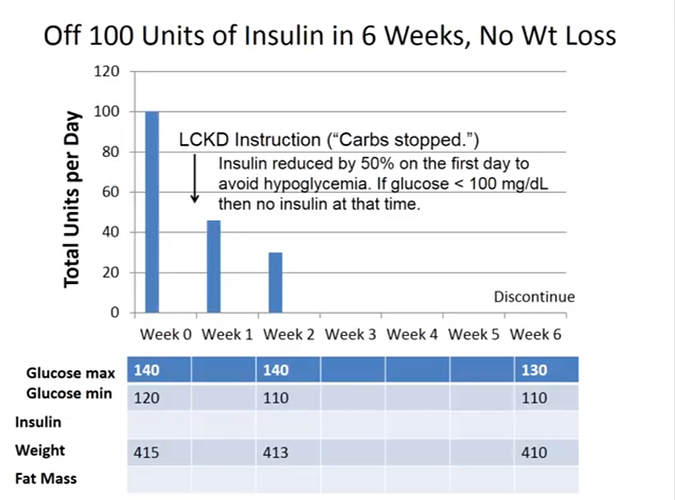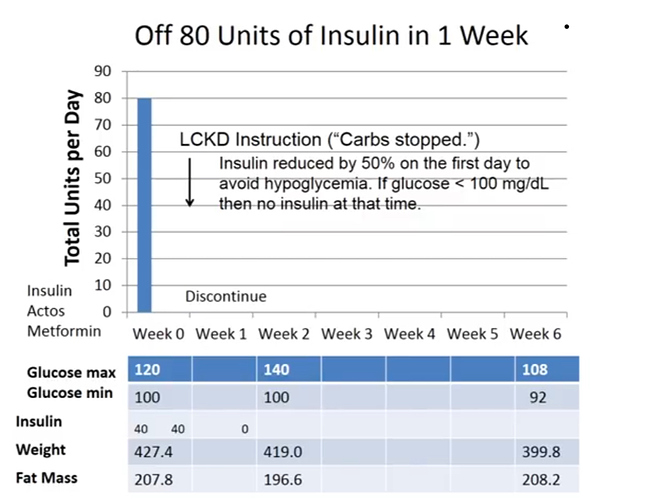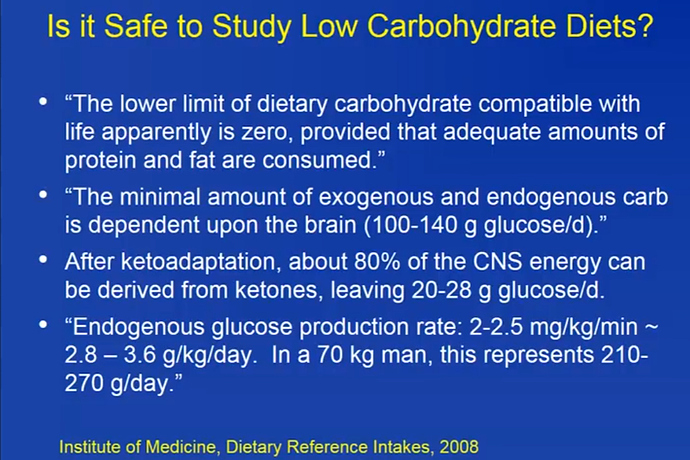If I understand this correctly, insulin resistance can be overcome by adding more insulin. Not ideal at all, but will keep the patient alive long enough to pay more medical bills, or for more insurance payments to come in to the hospital. Yes, paint me with a tin foil hat, I do believe it’s intentional by the industry, not so much the individual doctors. But the doctors are complacent. Instead of doing diagnostic medicine, and figuring out the problem… but I digress…
A type 2 diabetic is insulin resistant. Which means the body is resistant to normal amounts of insulin, so more needs to be produced by the beta cells in The pancreas. Now, I’m not sure what’s causing the beta cells to die off prematurely. Over working them, or high BG or high amounts of insulin in the body. But dying off they are doing. They are dying off faster than they can be replaced. All cells die off off over time, but they are replaced with new ones. It’s a battle of attrition, and the pancreas is losing.
Getting ones HBA1C below a certain level reverses this attrition rate so the beta cells regenerate faster than dying off. But that takes getting back to normal, non diabetic, non prediabetic levels. If I recall, 5.6 or 5.7 is the turning point. I’d wager The pancreas would respond well to this.
Even for type 1 diabetics, the keto way of eating will help tremendously. Simply by lowering carb intake a type 1 can reduce their insulin injections dramatically. They will always need to take insulin, but they could get the amount used back down to healthy levels.
But this defies and confounds medical practice. Just keep shooting up with more insulin, then you can eat a high carb diet. But then ignore all the evidence that’s piling up around hyperinsulinemia (sp?).
Definitely listen to the 2ketoDudes pod casts. It’s a deep well of info. They bring the science. Not just “we know this” but “here is why”.




 .
.
